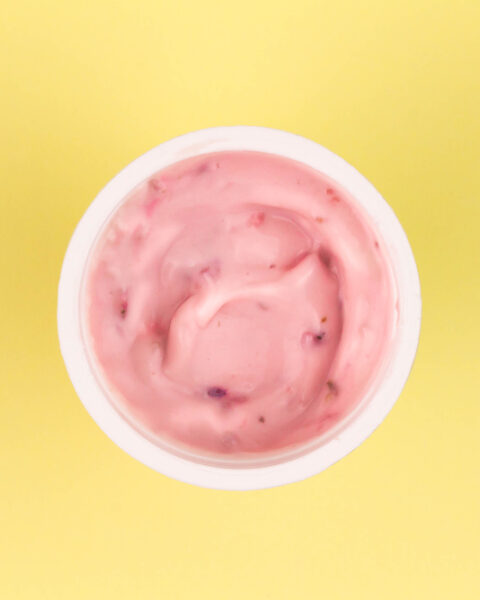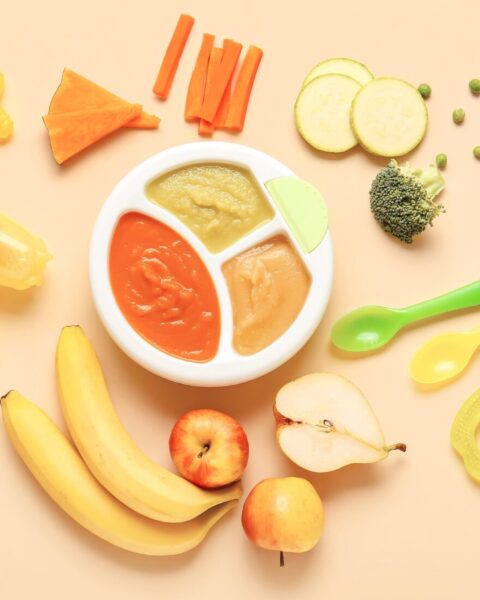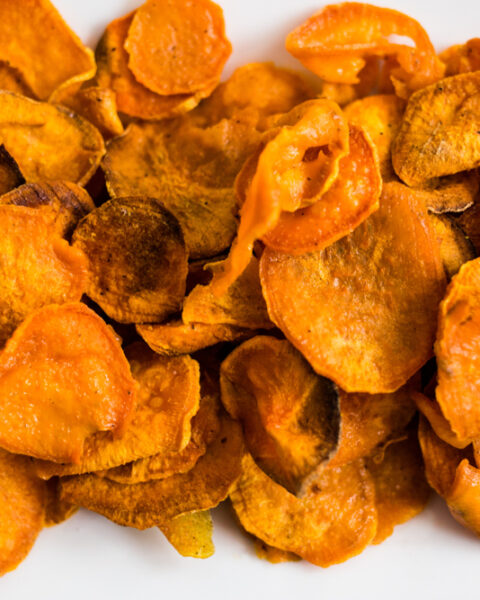When trying to make healthier food choices, it’s easy to be misled by ingredients that appear wholesome on the surface. Many products are marketed as beneficial, but they can secretly add unwanted sugars, unhealthy fats, and empty calories to your meals. Without realizing it, these ingredients could be sabotaging your efforts to maintain a balanced diet. These are some common culprits that seem healthy but may be working against your health goals.
Contents
- 1 Agave Nectar
- 2 Granola
- 3 Fat-Free or Low-Fat Yogurt
- 4 Vegetable Chips
- 5 Whole Wheat Bread
- 6 Dried Fruit
- 7 Flavored Oatmeal
- 8 Nut Butter
- 9 Smoothies
- 10 Salad Dressings
- 11 Gluten-Free Snacks
- 12 Fruit Juice
- 13 Coconut Oil
- 14 Protein Bars
- 15 Canned Soup
- 16 More From RetailShout
- 17 10 Amazing Food Hacks for an Unforgettable Camping Trip
- 18 17 Aldi Dairy Products That Offer Great Value for Your Money
Agave Nectar
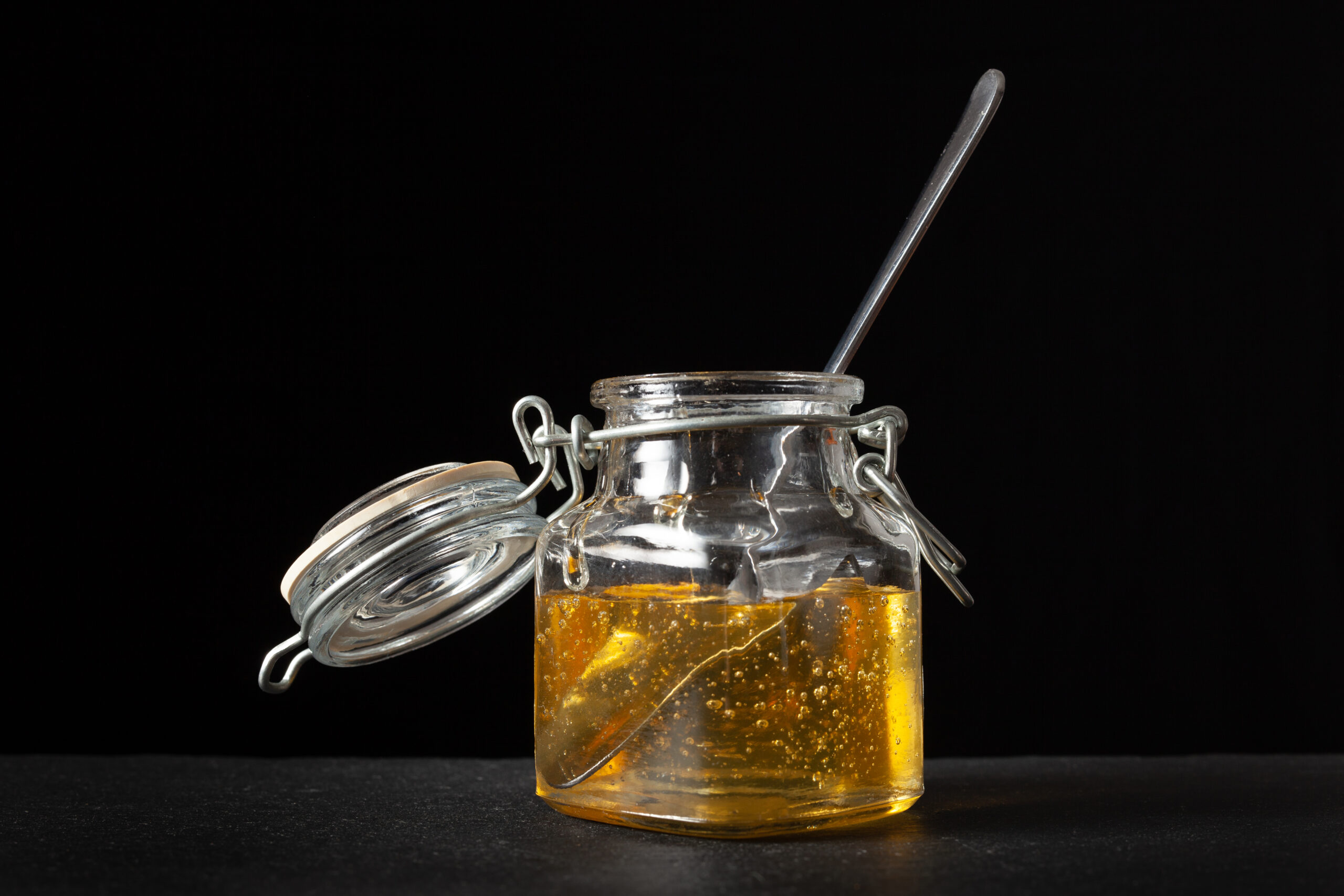
Agave nectar is often marketed as a healthier alternative to sugar because it has a lower glycemic index, meaning it doesn’t cause a rapid spike in blood sugar. However, it’s incredibly high in fructose, which the body metabolizes differently than glucose. Excessive fructose can lead to insulin resistance, weight gain, and fatty liver disease over time. While it might seem better than traditional sugar, it’s still wise to consume it in moderation, as its long-term effects can be just as harmful. If you’re looking to sweeten your meals, opting for natural, whole fruit may be a better choice.
Granola
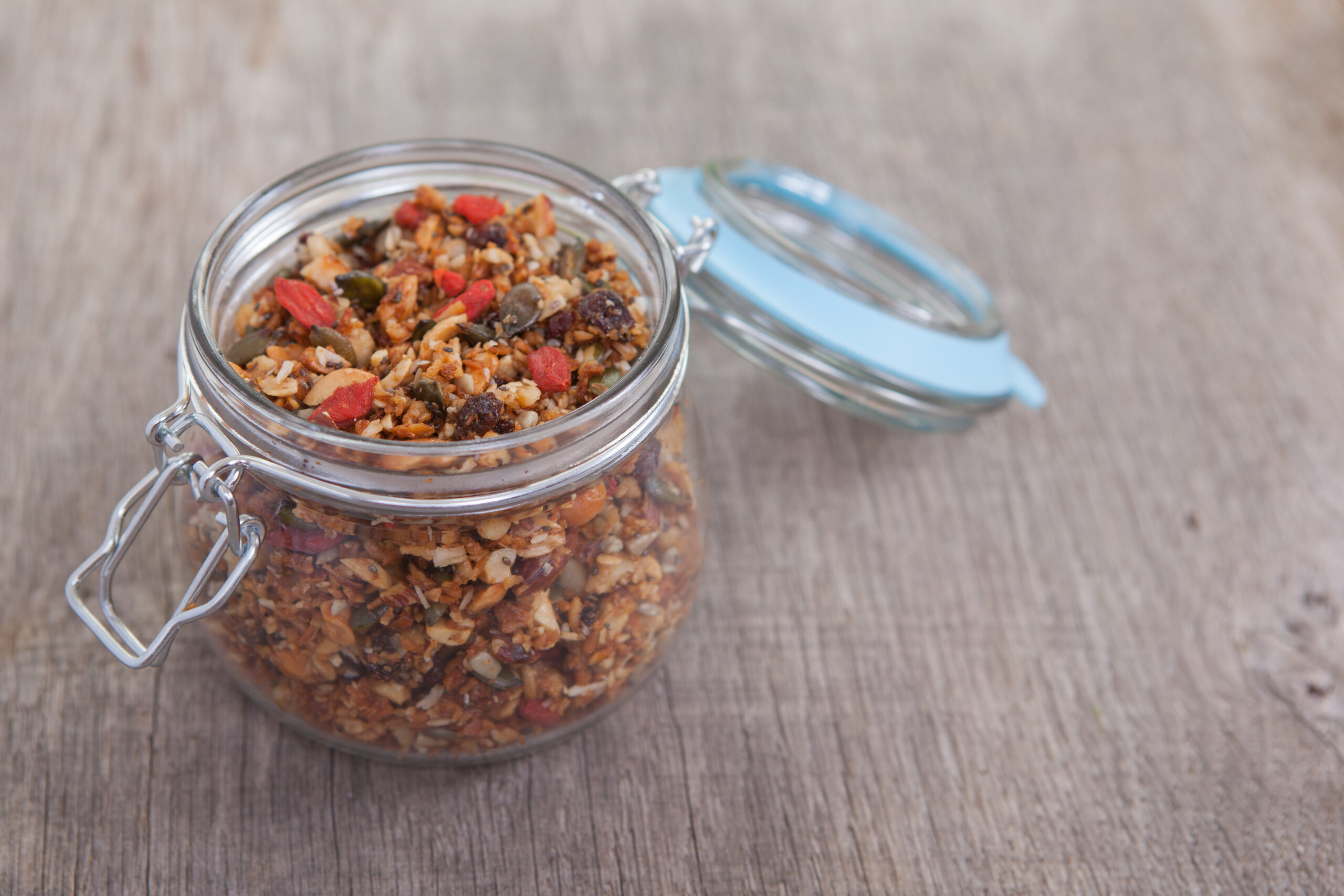
Granola has a reputation for being a health food, often associated with hikers and clean eating. However, many store-bought granola brands are loaded with sugar, unhealthy fats, and processed ingredients. A typical serving size is much smaller than people realize, leading to overconsumption and excessive calorie intake. Additionally, the oats in granola are often coated in sweeteners, making it less of a whole grain option than it seems. If you love granola, consider making your own at home to control the ingredients and keep it truly healthy.
Fat-Free or Low-Fat Yogurt
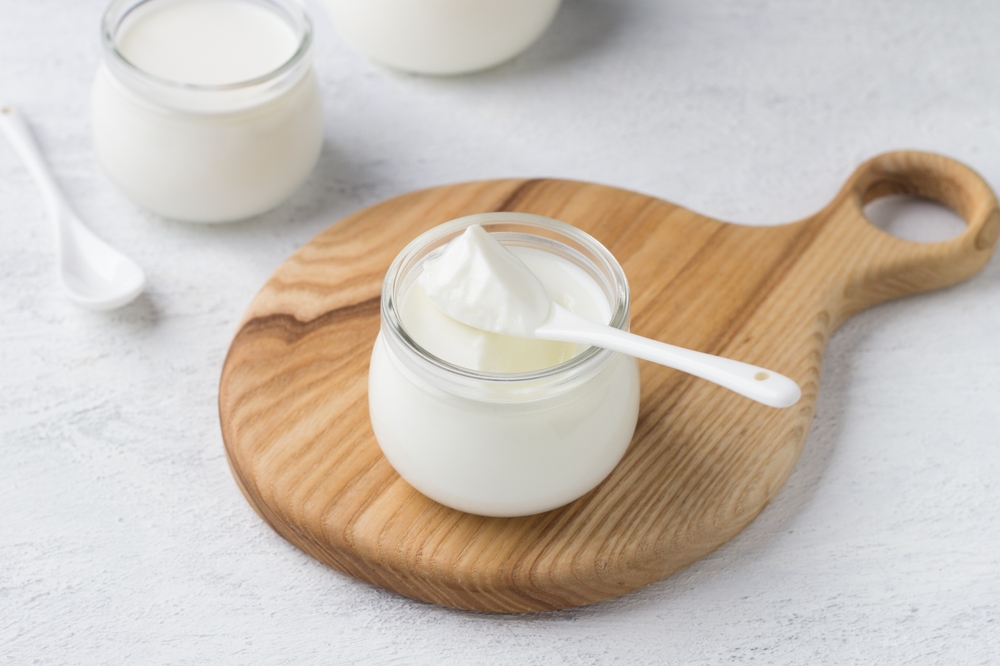
When people see the words “fat-free” or “low-fat” on yogurt containers, they often think it’s a healthy option. Unfortunately, when fat is removed from dairy, it’s often replaced with sugar and artificial ingredients to make up for the flavor loss. This means that fat-free yogurt can actually have more sugar than regular yogurt, contributing to weight gain and poor metabolic health. A better alternative is to choose plain, full-fat yogurt, which provides more satiety and fewer processed ingredients. Add your own fruit or honey to sweeten it naturally.
Vegetable Chips
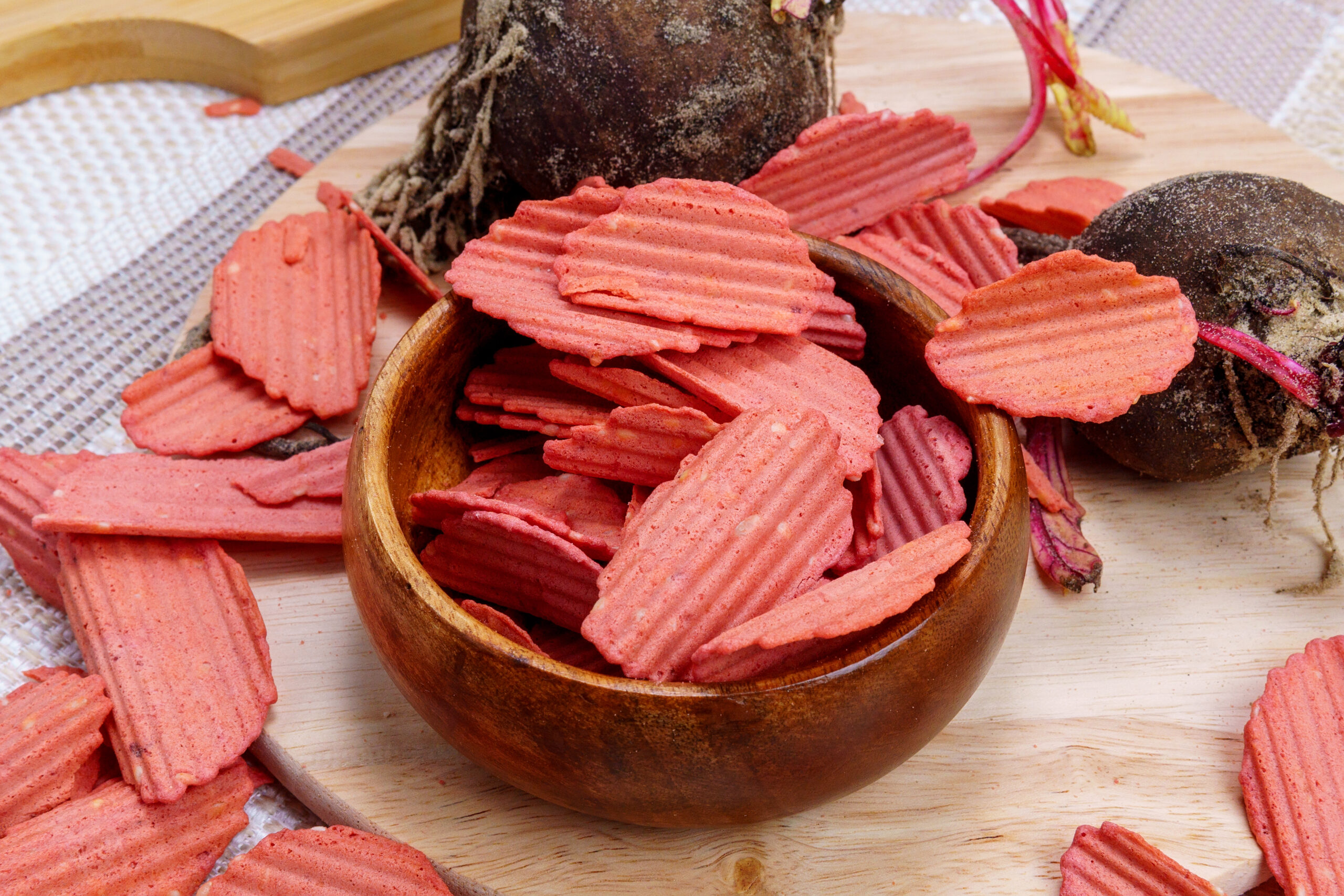
Vegetable chips sound like a healthier option compared to regular potato chips, but they can be just as processed and high in calories. Many of these chips are made from starchy vegetables like sweet potatoes and beets, which, when fried in oil, carry the same calorie and fat load as regular chips. Additionally, some vegetable chips only contain a small percentage of actual vegetables and are mostly made from processed flours and starches. If you’re craving a crunchy snack, opt for raw vegetables or air-popped popcorn for a genuinely nutritious option.
Whole Wheat Bread
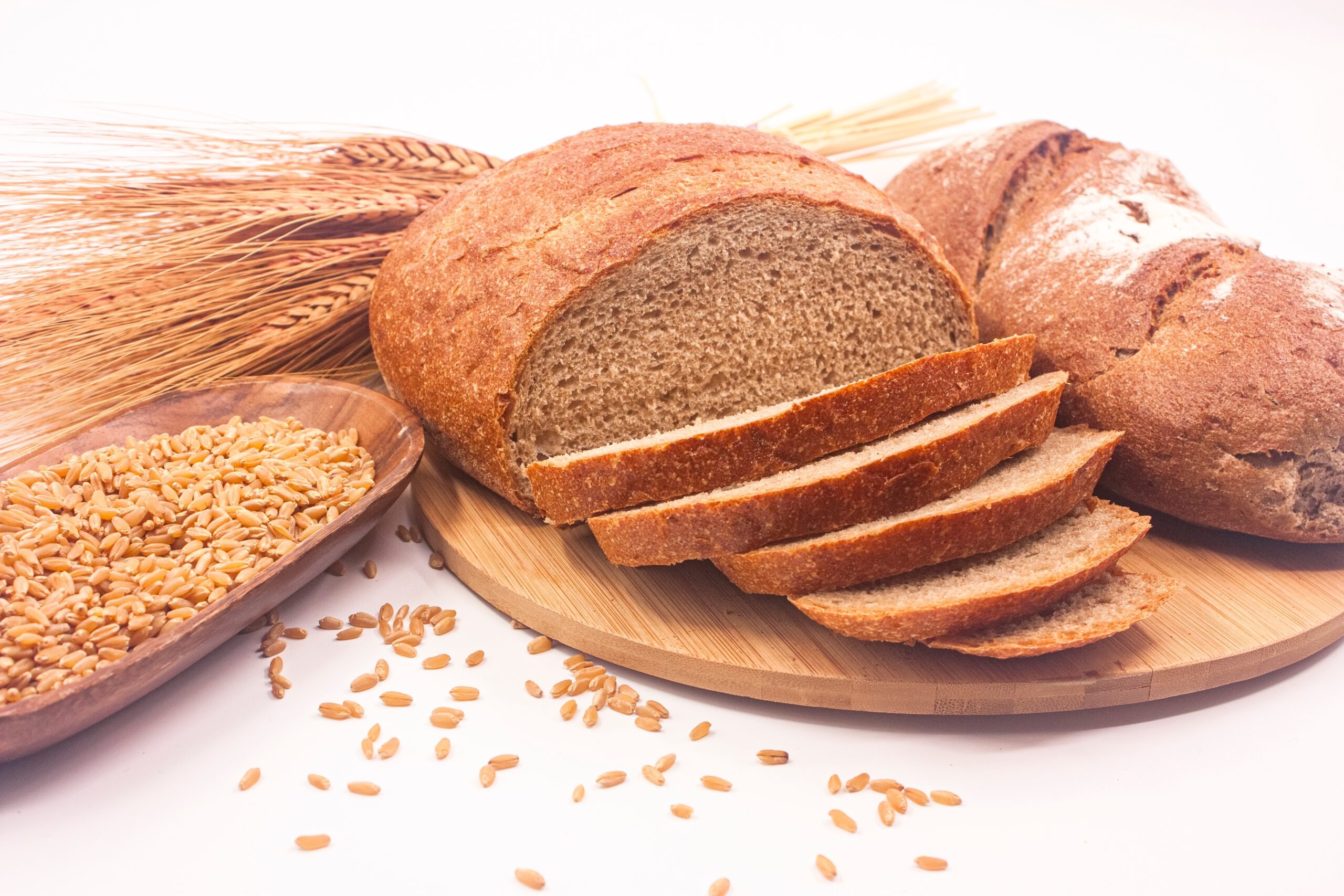
Whole wheat bread is often considered a healthier choice than white bread, but not all whole wheat bread is created equal. Many commercial brands contain refined flour, added sugars, and preservatives that diminish its nutritional value. Just because a bread label says “whole wheat” doesn’t mean it’s 100% whole grain, which is what provides the fiber and nutrients. Always read the ingredients list and choose bread with whole grains as the first ingredient and minimal added sugars. Otherwise, you might be consuming empty calories disguised as health food.
Dried Fruit
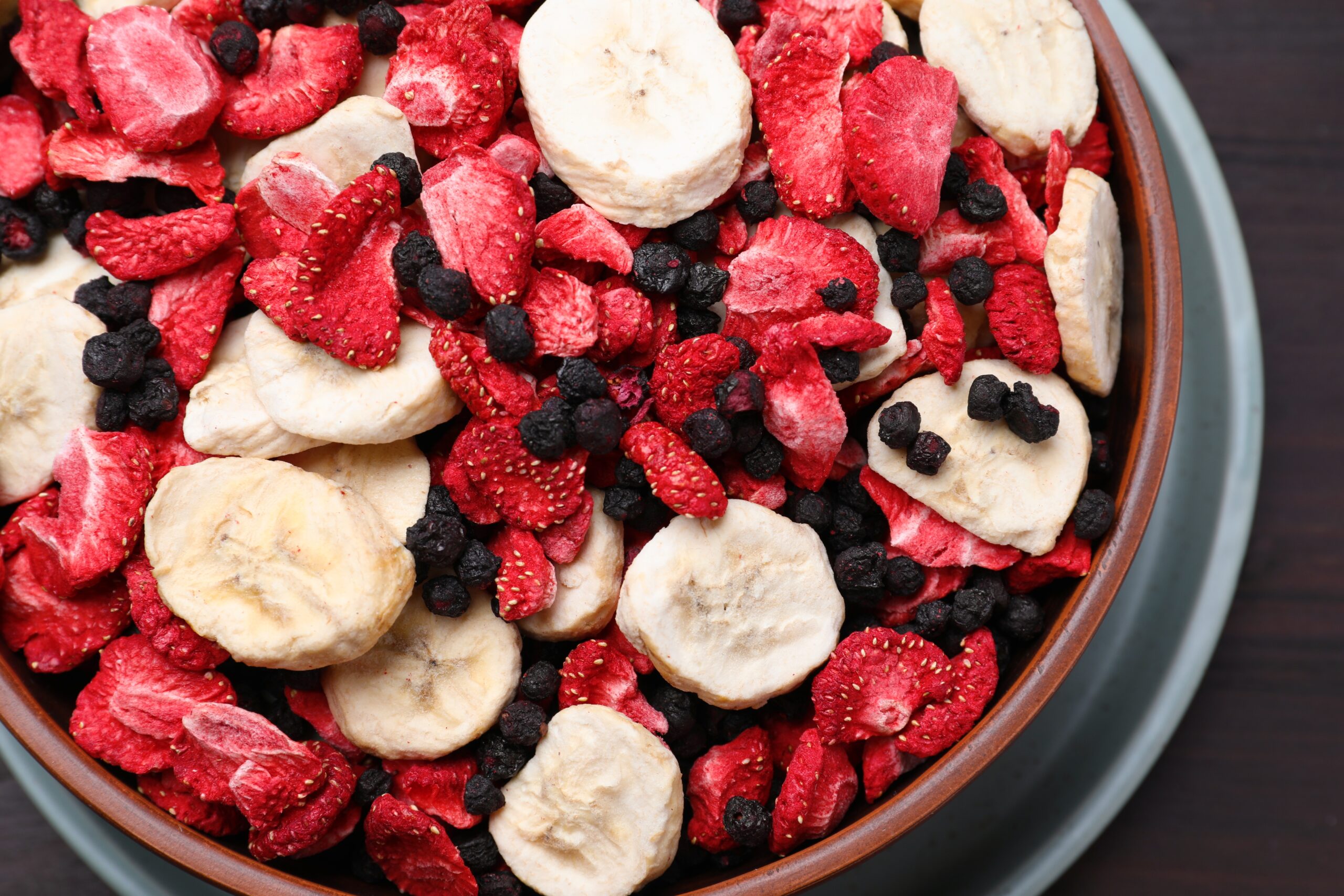
Dried fruit might seem like a convenient way to get more fruit into your diet, but it can be packed with added sugars. During the drying process, the natural sugars in the fruit become concentrated, and manufacturers often add even more sugar to enhance flavor. This means that a small handful of dried fruit can have as much sugar as a candy bar. While dried fruit does contain fiber, it’s easy to overeat, leading to a sugar overload. Opt for fresh fruit when possible, or check labels carefully for no added sugars.
Flavored Oatmeal

Oatmeal can be a healthy breakfast option when it’s made from whole oats. However, many pre-flavored instant oatmeal packets are filled with added sugars, artificial flavors, and processed ingredients. These sugar-packed packets can turn a healthy meal into a dessert-like indulgence, spiking your blood sugar and leading to crashes later in the day. Instead, choose plain oats and flavor them yourself with fresh fruit, nuts, and a drizzle of honey. You’ll get the benefits of whole grains without the unnecessary sugar and additives.
Nut Butter
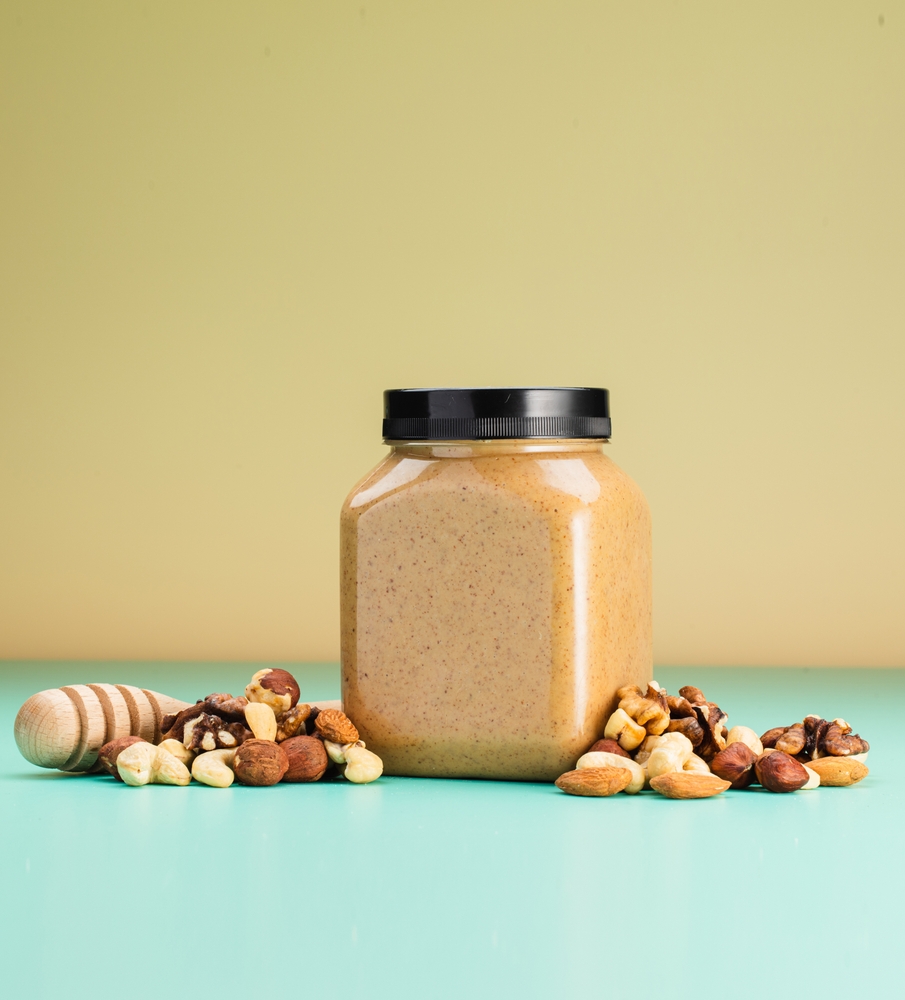
Nut butters, like peanut or almond butter, can be a great source of protein and healthy fats. However, many store-bought varieties contain added sugars, hydrogenated oils, and preservatives that diminish their health benefits. These added ingredients can contribute to weight gain and inflammation, turning a healthy snack into something far less nutritious. Always check the label and opt for natural nut butters with no added sugars or oils. If possible, make your own nut butter at home for complete control over the ingredients.
Smoothies
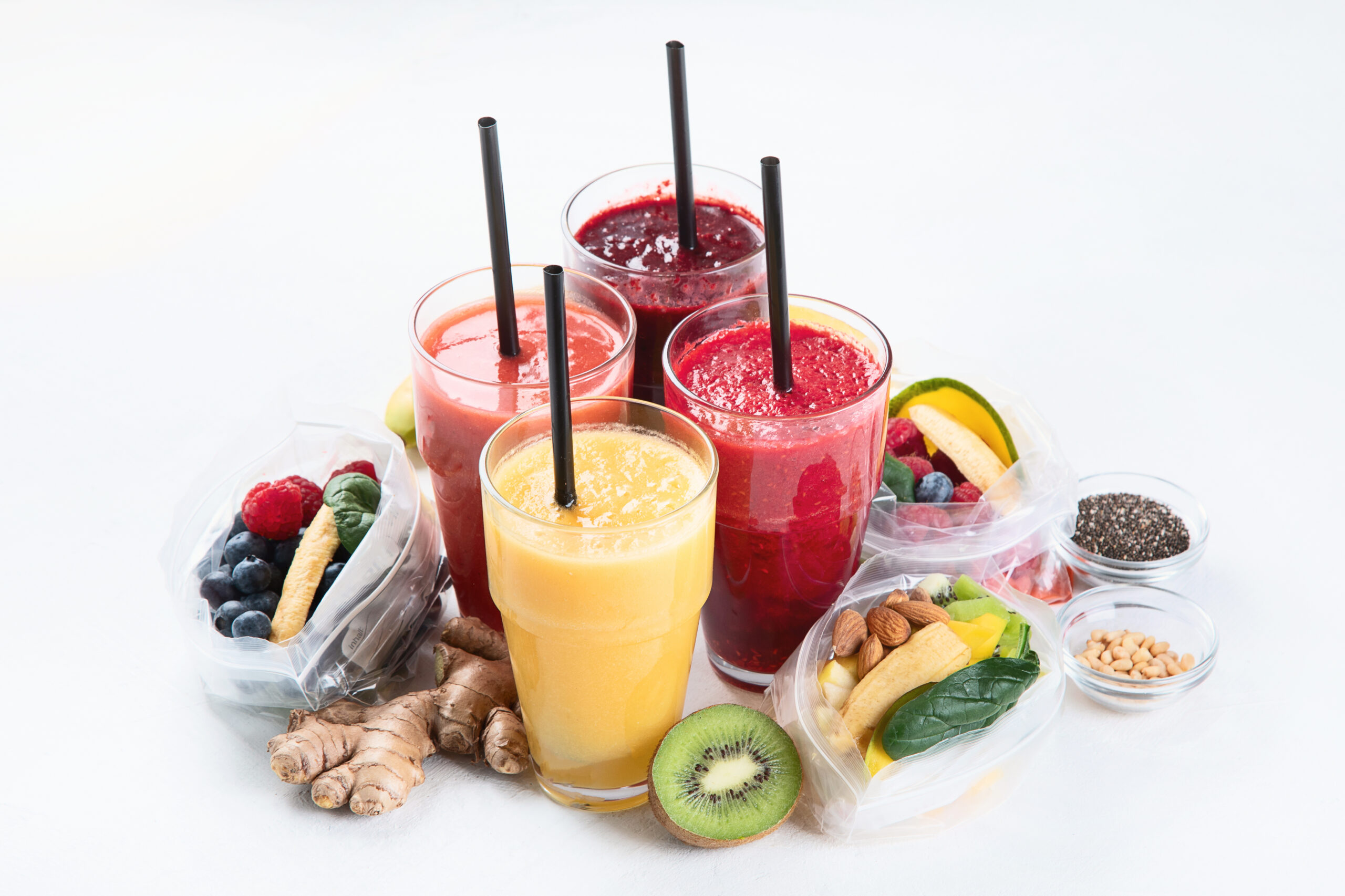
Smoothies can be a convenient way to get a quick dose of fruits and vegetables, but store-bought and restaurant versions are often loaded with sugar. Many pre-made smoothies contain fruit juice, frozen yogurt, or sweeteners like honey and agave, adding unnecessary calories. Even homemade smoothies can become calorie bombs if you’re not mindful of the ingredients, especially if you use a lot of fruit or sweeteners. To keep your smoothie healthy, focus on vegetables, a small amount of fruit, and protein sources like Greek yogurt or a handful of nuts.
Salad Dressings
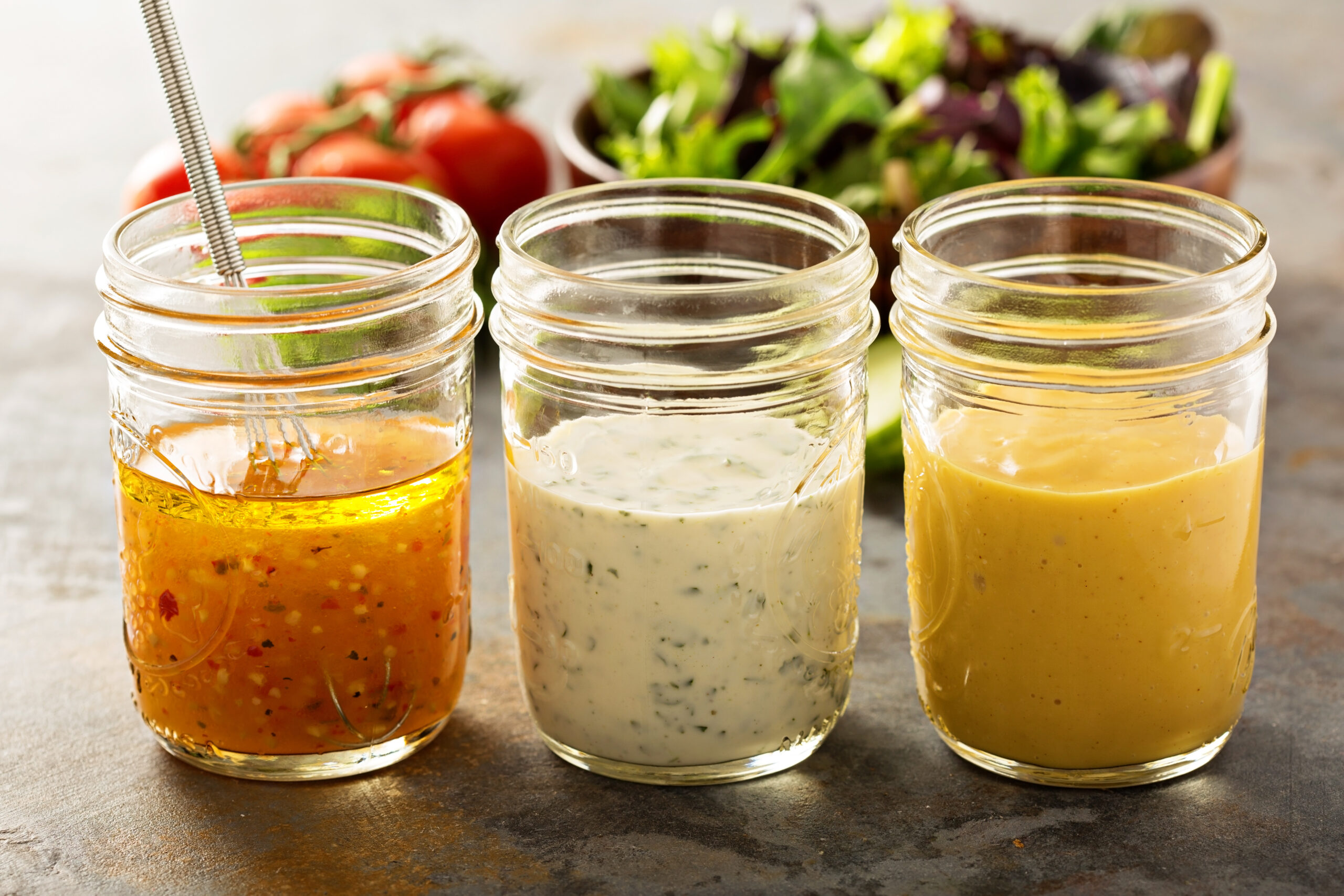
While salads can be incredibly nutritious, the wrong dressing can easily sabotage your healthy intentions. Many store-bought dressings are filled with added sugars, unhealthy fats, and preservatives. Even “light” or “fat-free” versions often contain more sugar to make up for the lost flavor. These hidden ingredients can quickly turn a low-calorie meal into a calorie-dense one. To avoid this, try making your own dressings at home using olive oil, vinegar, and herbs for a simple, healthy option.
Gluten-Free Snacks

Gluten-free products have exploded in popularity, with many people assuming they are automatically healthier. However, many gluten-free snacks are highly processed and contain refined starches, added sugars, and unhealthy fats to improve texture and flavor. These ingredients can be just as detrimental to your health as gluten-containing products, especially if you don’t have a gluten sensitivity. Always read labels and choose whole, naturally gluten-free foods like fruits, vegetables, and nuts rather than processed snacks.
Fruit Juice
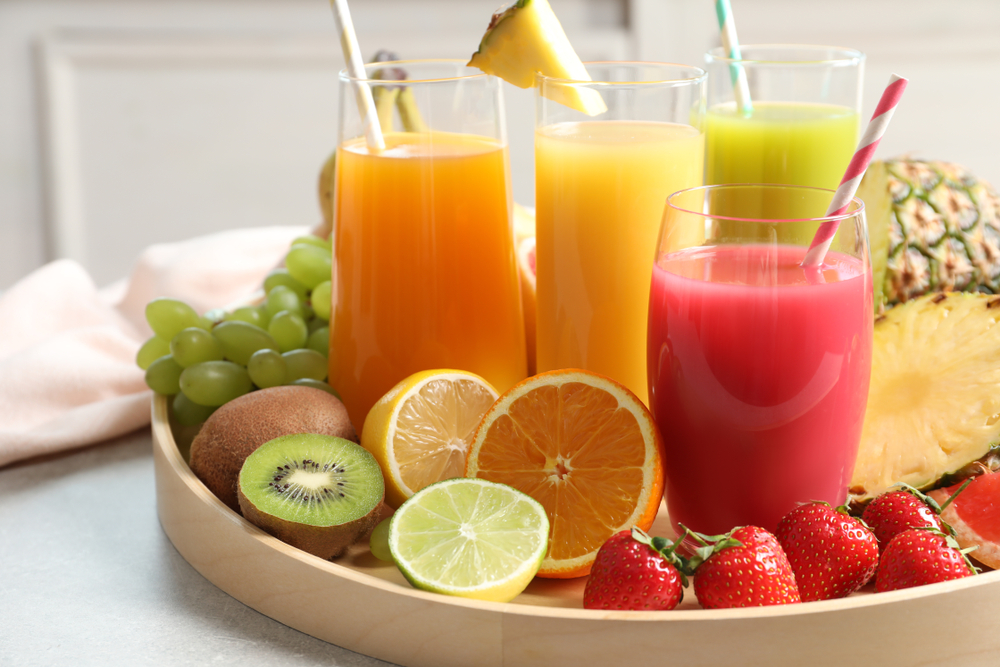
Fruit juice is often marketed as a healthy way to get your daily dose of vitamins, but it can be incredibly high in sugar. Even 100% fruit juice contains concentrated sugar and lacks the fiber found in whole fruits, leading to rapid spikes in blood sugar. Drinking fruit juice regularly can contribute to weight gain, insulin resistance, and other health issues. A healthier option is to eat whole fruits, which provide fiber and slow the release of sugar into the bloodstream.
Coconut Oil
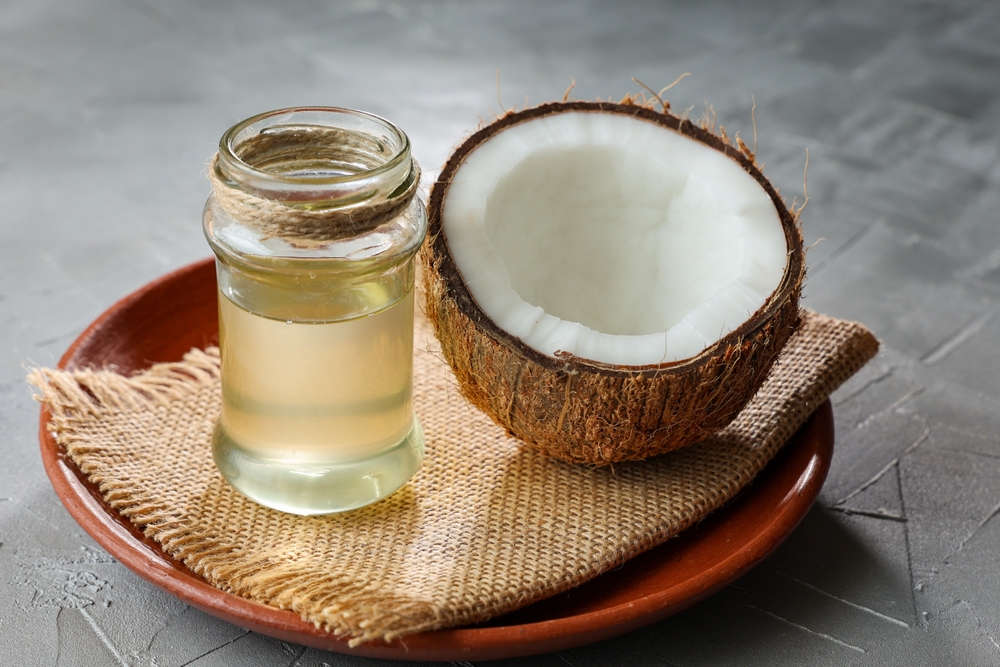
Coconut oil has been praised for its potential health benefits, particularly in the world of natural health. However, it’s still a saturated fat, and consuming too much can raise your levels of LDL (bad) cholesterol. While it may be better than some trans fats or processed oils, it’s still important to use coconut oil in moderation. If you’re looking for healthy fats, olive oil and avocado oil are more heart-healthy options that can be used in everyday cooking.
Protein Bars
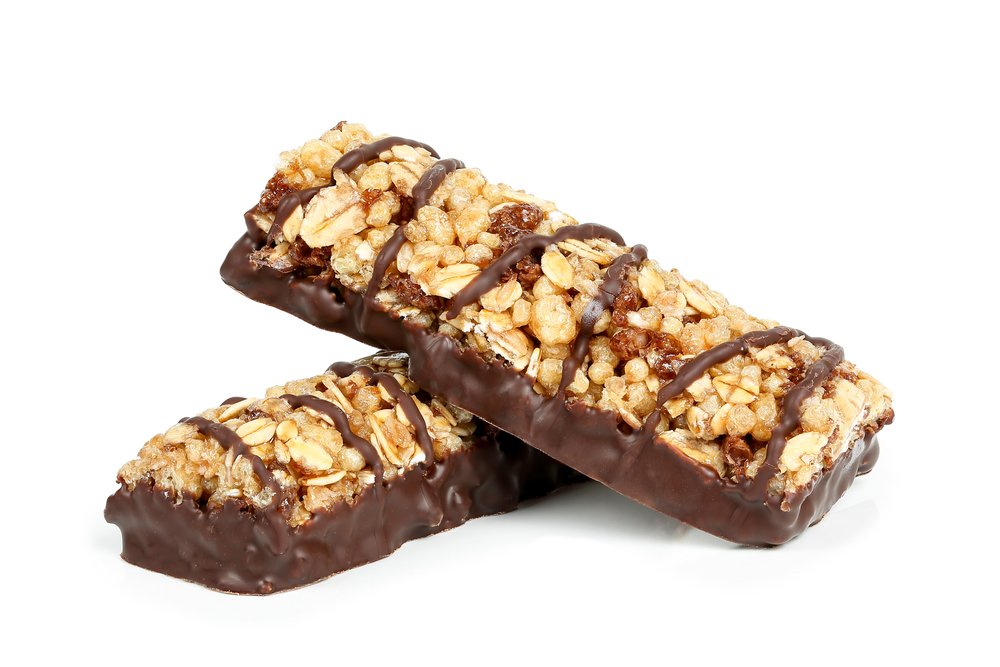
Protein bars are often marketed as a convenient, healthy snack, especially for those on-the-go or looking to build muscle. However, many commercial protein bars contain high amounts of sugar, artificial sweeteners, and unhealthy fats. They can be just as calorie-dense and processed as candy bars, negating the potential benefits of the added protein. If you rely on protein bars, be sure to read the label and choose options with minimal ingredients and no added sugars. Better yet, opt for whole food snacks like a handful of nuts or a boiled egg.
Canned Soup
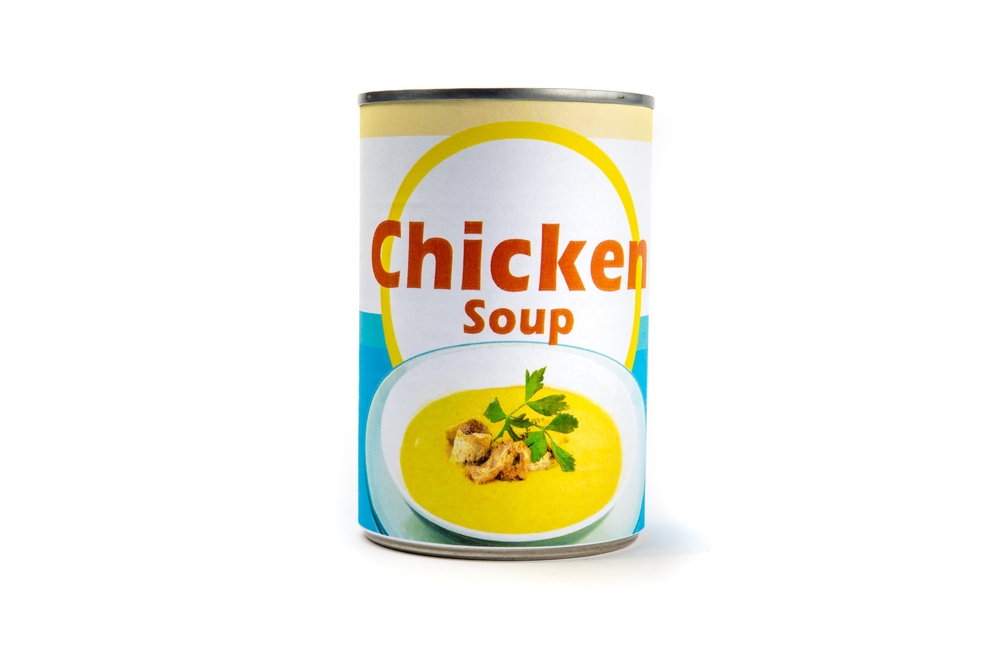
Canned soups may seem like a quick and healthy meal option, especially when labeled “low-fat” or “organic.” However, many canned soups are loaded with sodium, preservatives, and even added sugars. The excessive sodium can lead to water retention, high blood pressure, and other health concerns over time. Additionally, many canned soups lack the fiber and nutrients found in fresh, homemade options. If you enjoy soup, try making your own at home with fresh ingredients to control the salt and keep it truly nutritious.
This article originally appeared on RetailShout.
More From RetailShout
21 Aldi Just Brought Back Its Best Holiday Products Early
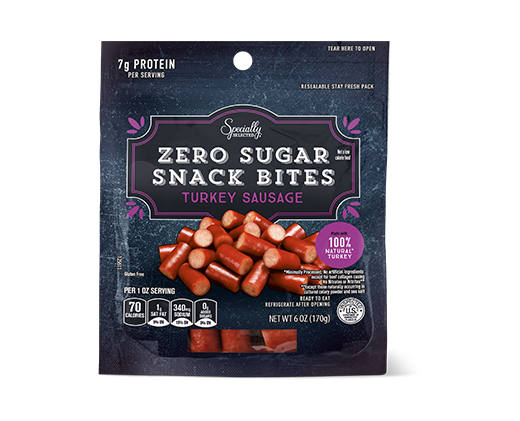
ALDI just brought back some of its best holiday products, and it’s time to get excited. These aren’t your average grocery store finds—this lineup is all about gourmet flavors and unique treats that you can’t always find year-round. Read More.
10 Amazing Food Hacks for an Unforgettable Camping Trip

Camping doesn’t mean you have to sacrifice good food and flavors. With these amazing camping food hacks, you can enjoy tasty, hassle-free meals under the stars. Read More.
17 Aldi Dairy Products That Offer Great Value for Your Money
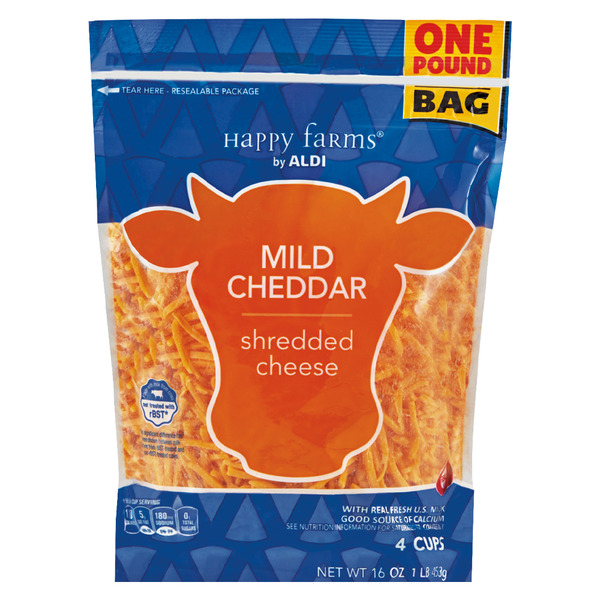
When it comes to dairy, Aldi doesn’t just milk your wallet dry—it’s the spot where quality and affordability shake hands. Whether you’re after creamy goodness or cheesy delights, Aldi’s dairy aisle is packed with hidden gems that won’t make you question your life choices at checkout. Read More.


